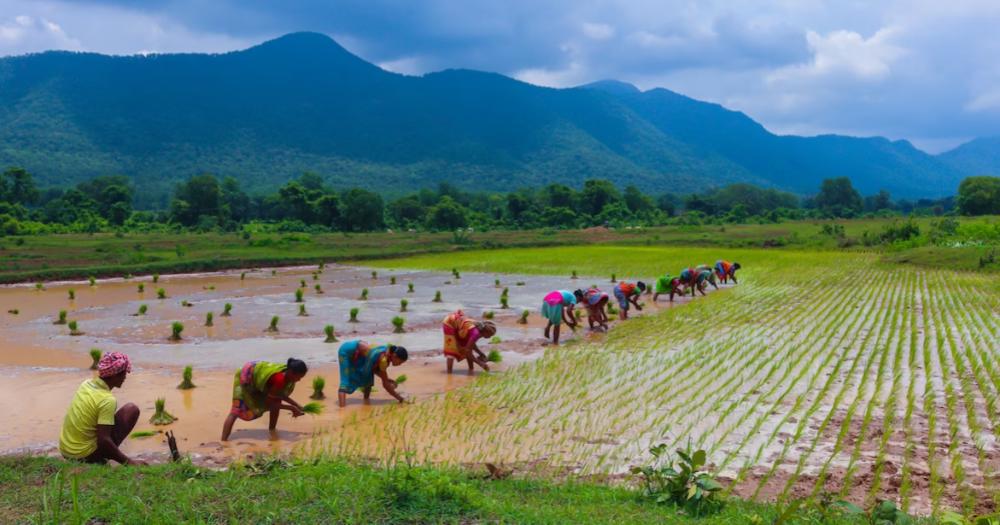Singapore has been exempted from India's ban on the export of Non Basmati Rice, according to a Aug 29 statement by India's Ministry of External Affairs (MEA).
Exemption due to close strategic partnership
The ministry's official spokesperson Shri Arindam Bagchi said:
"India and Singapore enjoy a very close strategic partnership, characterised by shared interests, close economic ties and strong people to people connect.
In view of this special relationship, India has decided to allow export of rice to meet the food security requirements of Singapore."
Bagchi added that formal orders would be issued "shortly".
Rice export ban
India is the world's largest exporter of rice.
According to the BBC, it accounts for 40 per cent of the world's rice trade, or about 22 million tonnes of rice in 2022.
Also in 2022, India imposed an export ban of broken rice, one of several rice subcategories that include basmati rice and non-basmati rice (NBR), the latter of which has been facing an export ban since July 2023.
The announcement of the ban came as a surprise to many, particularly South Asian communities residing outside of India.
CBC, a Canadian news outlet, reported that news of the ban have led many in North America to resort to panic-buying and stockpiling, as many South Asians families sought to ensure they would have enough.
Local supermarkets selling Indian rice in Toronto were reported to have implemented buying limits.
India's reason for the ban is to combat rising domestic rice prices; the BBC reports that prices have gone up 30 per cent since October 2022.
Rising global fertiliser prices, as well as uneven monsoon rains have also contributed to uncertainty.
Singaporean imports
A Singapore Food Agency statement on Jul 31 said that Singapore has a "multi-pronged strategy of import diversification and stockpiling to manage supply chain disruptions", importing rice from over 30 countries.
SFA also reported that India accounted for 40 per cent of Singapore's rice imports, with the import of non-basmati rice from India, the only type currently banned by India, accounting for 17 per cent.
The SFA advised against over buying, saying that Singapore's "overall supply of rice is currently stable" as long as people bought only what they needed.
However, the news that India is exempting Singapore for the export ban is likely to ease concerns.
Indian media, such as The Wire noted that in previous similar bans, such as for wheat, exemptions had been granted before, but Singapore's exemption was the first to be announced by the MEA.
Related stories
Top image via Unsplash
If you like what you read, follow us on Facebook, Instagram, Twitter and Telegram to get the latest updates.



